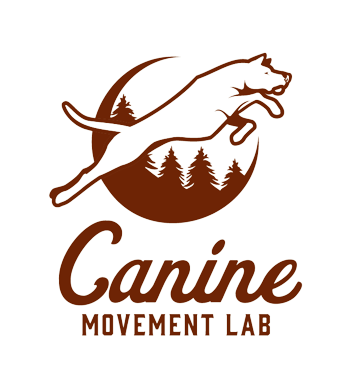
Is my dog in a state of drive, or a state of fear?
Lately I've been wanting to help people understand that there is a difference between a dog who has behavioral issues and a dog who is simply acting out his genetics. Behavioral issues, in my mind, are interruptions in a dog's natural way of being which cause distress to the dog, his owner, and other dogs or animals. These issues are labeled as: reactivity, aggression, hyperactivity, self-harm, obsessive-compulsive patterns, depression, anxiety, etc. The dog is not feeling well, and his behavior is a problem for those around him.
A dog with behavioral issues has, more likely than not, experienced some form of trauma, such as being under-fed, improperly socialized, abused by humans, or attacked by other dogs. As a result, this dog has developed an overly-aroused nervous system. He then acts out behavior which we find distressing because his nervous system is attempting to cope with the post traumatic stress. His body is actually working to bring itself back to a state of homeostasis, but in fact continues to reside in a state of distress.
Many people then treat the symptoms of such behavioral problems without fully understanding the true origin of the underlying problem. Domesticated dogs, like humans, need an approach that addresses the whole nervous system, one which will provide the dog with a sense of safety, connection, and trust, so that he may self-heal with time.
A different set of behavioral “issues” which can also cause distress to owners and bring harm to nearby animals would be: predatory, herding, and hunting behaviors, as well as fight drive aka conflict-seeking behavior. The difference, however, is that while these actions are problematic for most pet-dog owners, they are not an interruption in the dog’s natural way of being. The dog is actually in a state of drive, not a state of fear, when performing these behaviors. The dog is following his genetic blue-print, and the resulting behavior is not a form of post-traumatic stress.
So when a dog is simply acting “true to form,” his genetics are in control, and the dog is performing activities that he was born and bred to do. This is not something that we attempt to “fix” with behavioral rehabilitation. Of course we can ensure that we put much effort into obedience training, breed-fulfillment, and management; but at the end of the day, you will never change this dog’s very real desire to hunt, chase, fight, bite, and potentially kill other animals. Or the less distressing behaviors that accompany these predatory patterns such as digging, chasing, baying, and barking.
This is why it is so important to do breed research before buying or adopting any dog. A bulldog is not the same as a poodle. And it’s definitely not “all in how you raise them.” Humans have spent hundreds of years fine-tuning each breed to perform very specific tasks. Which means taking a border collie to live in an apartment after we’ve hard-wired it to chase, react, and control anything that moves, is a true recipe for disaster. Unless you have a special plan to enrich that dog with enough sports and activities to perfectly fulfill his breed, which in itself becomes a full time job that many of us just don’t have time for, please, do not get a working (fighting, herding, hunting) breed as a pet.
And please, don’t expect your trainer to magically transform your heeler into a pug. If you wanted a lap dog, you should have gotten a lap dog!
- Resources for further learning and education: Simply Behavior Lectures

